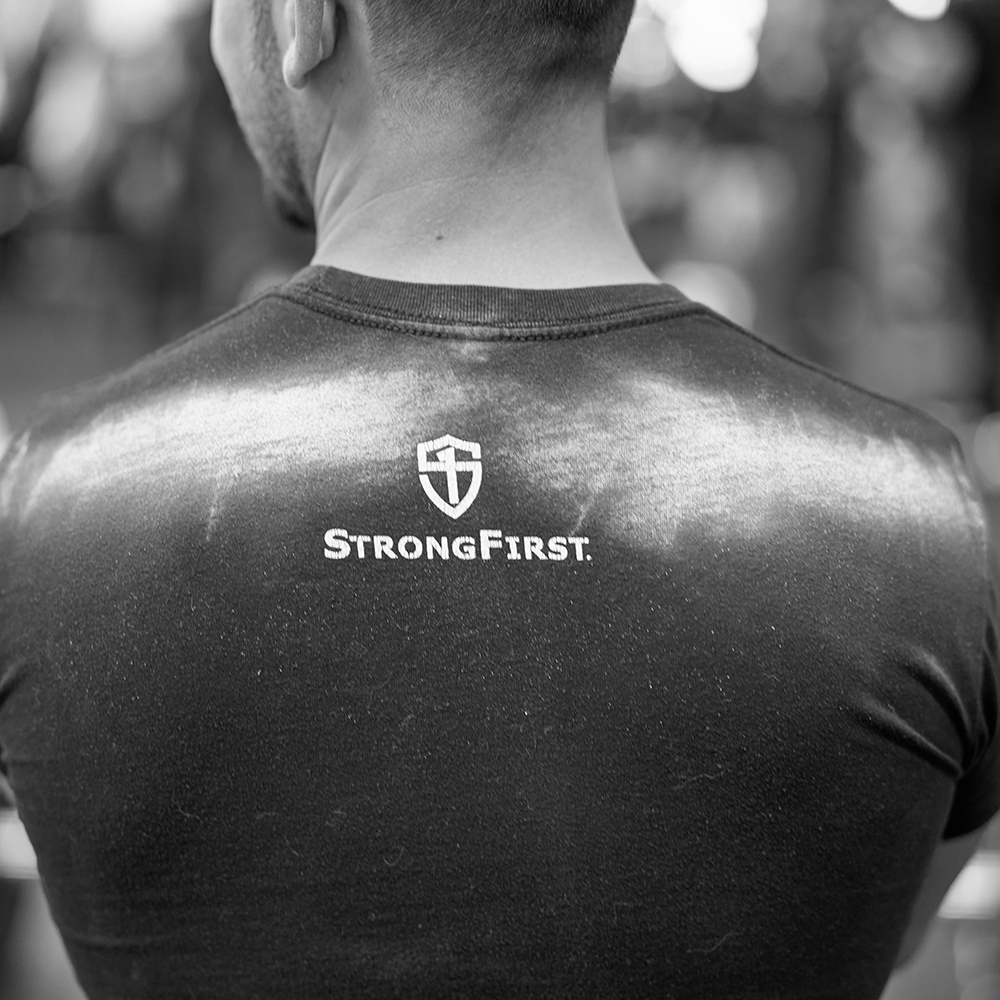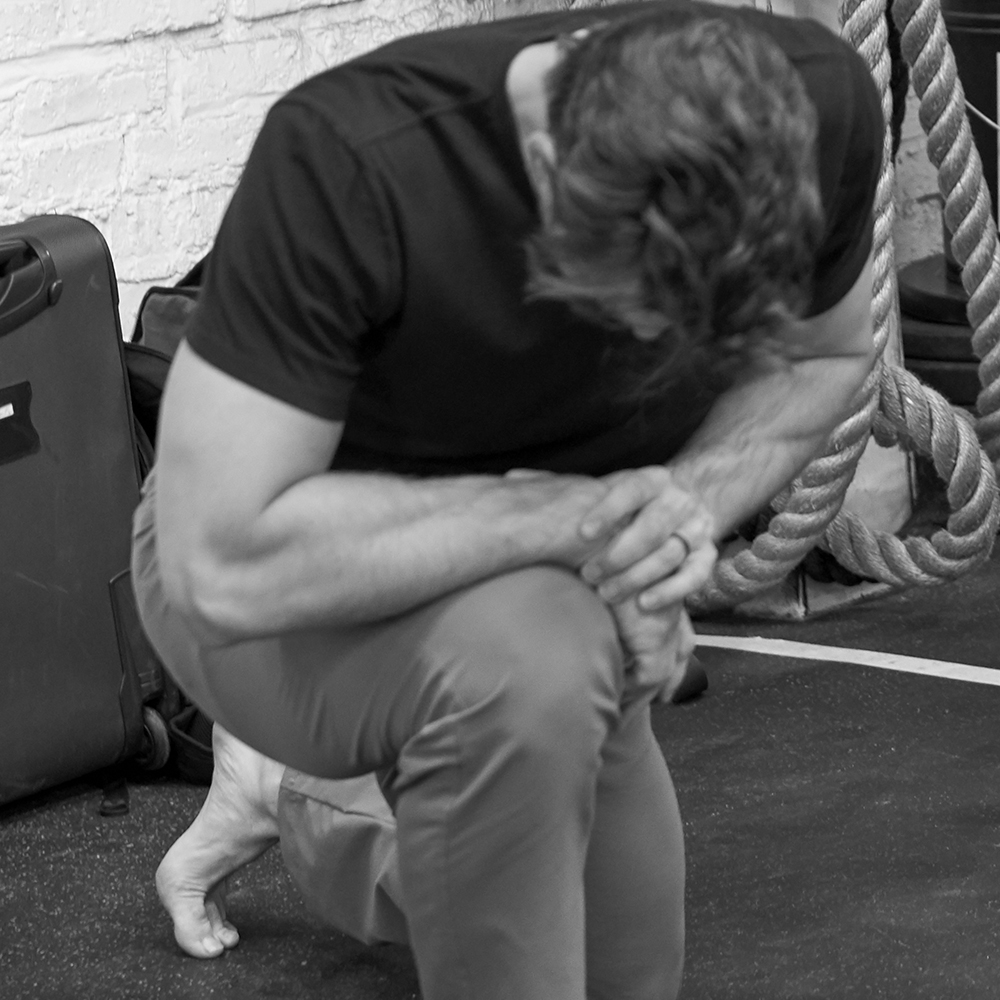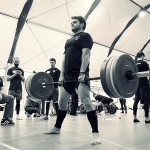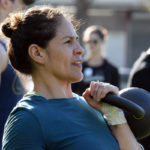“Take care of your body. It’s the only place you have to live.” Jim Rohn
Take a moment to do an internet search for me: Recovery strategies in fitness. I’ll wait…
A search for “recovery strategies” likely sent your head spinning. In the last few years, recovery strategies have become another fad blazing through the fitness and training world. More so than in the past, I believe.
Recovering from training is an interesting and important topic. To help frame the topic concretely, let’s first revisit a well-known training principle and assess how it might cultivate recovery better.
The SAID principle. (Specific Adaptation to Imposed Demands) is that well-known training principle. Essentially—“you get what you train for”— or, that the body will adapt to the specific demands placed upon it. But there are two things at play in the SAID principle, and I believe that Gray Cook’s tremendous clarifier of this principle helps us understand it better.
“The Organism’s specific adaptation to the Environment’s imposed demands.” Gray Cook
You are the organism, and your environment is all around you. Why is it important to draw the distinction? What if you have an organism problem but are running around tweaking and adjusting your environment? Or vice versa; your problem is, in fact, environmental, but your adjustments are all to yourself, the organism. You will likely just end up frustrated.
So, what is Organism and what is Environment?
Organism, as stated, is you, including all of the biological and biomechanical aspects of your body, nutrition, sleep, stress, and perception/perspective. The environment is all the “outside” factors, including literally the environment (temperature, elevation, humidity, etc..), where you live, your living space, your workspace, your training space, your commute, your training plans, and equipment (lots of things could be included here).
Organism and Environment intersect and interact so take a moment to think through your organism and environment situation…

One of the biggest things to remember here is that your ability to handle stress (all stress) comes out of one “bucket.” So that emotional turmoil you are experiencing comes out of the same bucket that you use to recover from the stress of exercise. You need to adjust your training to allow for “life” stress instead of trying to force yourself to handle it all. That recovery bucket gets drained quickly when you don’t adjust. In fact, the field of psychoneuroimmunology focuses on how stress affects immune functioning.
Now let’s focus on how your environment or organism affects recovery. In my opinion, there are a few keys to good recovery:
1) Sleep
2) Stress
3) Nutrition
4) Health
5) Programming
Sleep is a recognized critical factor to health and recovery. According to the National Heart, Lung and Blood Institute lack of sleep “can lead to physical and mental health problems, injuries, loss of productivity, and even a greater risk of death.” (just Google sleep for health). Worried about your hormonal profile or trying to lose weight? Start by sleeping more and better. It is hard to over-emphasize the impact and importance of sleep. Here is a good TED talk by a Physician and former Navy Seal on sleep: America’s Biggest Problem
Stress is a reality of life. It enters our lives from myriad sources; money, work, family/relationships, sleep, nutrition, exercise, etc… Understand that not all stress is negative, and we need to stress our system to encourage adaptation. We need to balance eustress (positive stress) and distress (negative stress) so that there is more eustress. This is stress management. You can work thorough organism and environment here as well. Meditation might be an effective organism based strategy for stress management and getting away from or limiting your time on social media might be a good environment based strategy.
Nutrition is a huge topic with far-reaching impacts, consequences, and benefits. I do not have enough time to go fully into this topic. Suffice to say a “poor” diet low in nutritional value that adds stress to your system degrades recovery ability and health long term. In training, I prefer to thrive from my training instead of surviving my training. Bringing that same mentality to nutrition is a good idea. So, ask yourself: “Are you thriving or surviving your nutrition?” Then do your due diligence to work with nutrition professionals to make the necessary changes, particularly if you have trouble maintaining a healthy bodyweight or have diabetes or heart disease. Nutrition does not have to be perfect, but it should help you thrive.
Health is where it all comes together. I have joked for years that the only place fitness comes before health is in the dictionary. Sacrificing your health for your fitness is a short-sighted approach in my opinion. I do understand that it may happen for brief periods of time, like peaking for an Ironman-style triathlon, but this is a brief period that should be followed by a good recovery period to get “balanced out” again. And the goal of training and exercise should be enhanced health.
Programming is where I as a strength and conditioning professional spend a lot of time. When asked on a podcast what my favorite recovery strategy was I answered: proper programming. Not what the folks were expecting to hear. Simply put, your training does not happen in a vacuum. As discussed in the previous points there is a cumulative effect of “life” on the organism. Add sleep + stress + nutrition + health and you have a lot to handle already. Now add exercise to the mix. That recovery bucket has a lot of areas “draining” it constantly. Exercise and how it is programmed is an environmental stress that we fully control. Are you controlling it?
If you are constantly trying to figure out how to recover from your training I would argue that you are not. Instead of trying to figure out how much work you can recover from try to find the least amount you can do and still progress.
The brilliance in Plan Strong and Strong Endurance and the StrongFirst based principles and strategies is the focus on recovery and health. As you may have read in my last article, Data for the Data Averse, I relay the information in some of the research about enhanced recovery by tracking drops in velocity and adjusting volume and intensity to manage it well. Plan Strong advocates similar rep ranges and adjustments in programming. Strong Endurance asks the question, “what is the cost?”, and provides ways to understand that cost and how to get the best return on your investment (i.e., Training).
Cultivating recovery means managing the organism’s adaptation to the imposed demands of the environment. Sleep, stress, nutrition, health and programming must be adjusted to suit the organism and environment. This is not a passive or static process. I use the term cultivating to denote the ongoing process.
Where are you in cultivating recovery? Do you have an organism or environment issue? Are you managing your programming so you thrive from your training or are you surviving your training?








Fantastic article, Brett. Programming as recovery strategy is especially relevant for me. I would love to attend Plan Strong. Thank you so much for sharing!